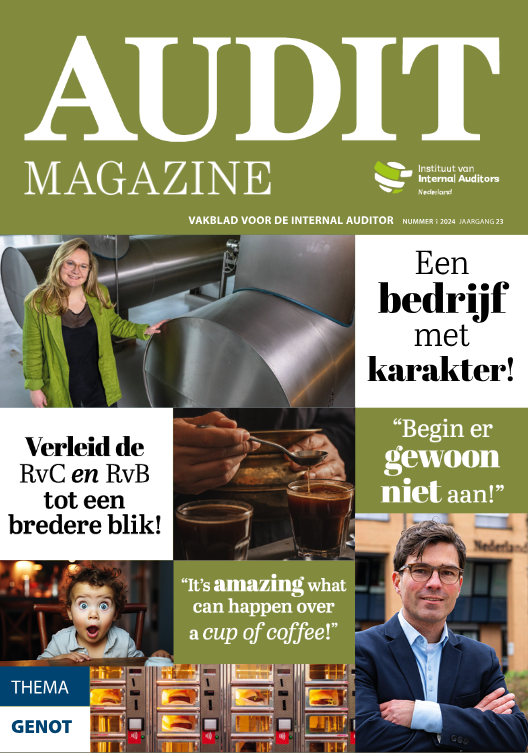Encouraging the Reporting of Misconduct
Organizations can take substantive actions to address the reporting of suspected financial fraud, according to a report released by the Anti-Fraud Collaboration; in which IIA takes part. Encouraging the Reporting of Misconduct presents recommendations from key players in the financial reporting supply chain – including corporate directors, financial executives, and internal and external auditors.
The Collaboration compiled best practices from roundtable discussions focused on suspected financial reporting fraud and the negative impact that fear of retaliation has on the timely detection of such fraud. By understanding the factors that discourage reporting, the Collaboration offers ways to counter such obstacles and makes recommendations for creating and maintaining a retaliation-free environment.
Formed in 2010 by the Center for Audit Quality (CAQ), Financial Executives International (FEI), The Institute of Internal Auditors (IIA) and the National Association of Corporate Directors (NACD), the Anti-Fraud Collaboration promotes the deterrence and detection of financial reporting fraud.
“The Anti-Fraud Collaboration is pleased to present these recommendations to help companies detect, report, and deter fraud,” Institute of Internal Auditors President and CEO Richard F. Chambers, CIA, QIAL, CGAP, CCSA, CRMA, said on behalf of the Anti-Fraud Collaboration. “No organization is immune to the risk of financial reporting fraud, but all companies can take necessary steps to mitigate such fraud, including encouraging employees to report misconduct, identifying the delinquency earlier in the process, and maintaining the integrity of financial reporting going forward.”
Commented CAQ Executive Director Cindy Fornelli, “Our hope is that the outcome of the roundtable discussions and report will serve as a catalyst for continued dialogue among financial reporting supply-chain participants, the investing public, and other interested parties. Those who observe misconduct should be encouraged to report their observations, and we hope that the report will provide concrete ways companies can provide a safe environment for them to do so.”
The roundtable discussions focused on key issues, including:
- What organizations can do to encourage reporting of misconduct.
- What creates fear of retaliation and what can be done to mitigate that fear.
- What organizations and each participant in the financial reporting supply chain can do to cultivate a retaliation-free environment.
“Next to preventive measures, the best defensive tools leadership has to mitigate damage related to financial misconduct are the eyes and ears of their teams,” said Andrej Suskavcevic, president and CEO of FEI. “Establishing a corporate culture that respectfully embraces the reporting of perceived misconduct, together with proper and clearly communicated investigative procedures, can dramatically affect the willingness of staff to participate. Our research aims to help leadership meet those goals.”
Added Peter Gleason, president and CEO of NACD, “One of the most effective things boards of directors can do to promote a healthy working environment is to step up their oversight of company culture. That begins with encouraging management to define its unique culture and communicate it properly to all levels of an organization.”
Download report
Source: antifraudcollaboration.org







